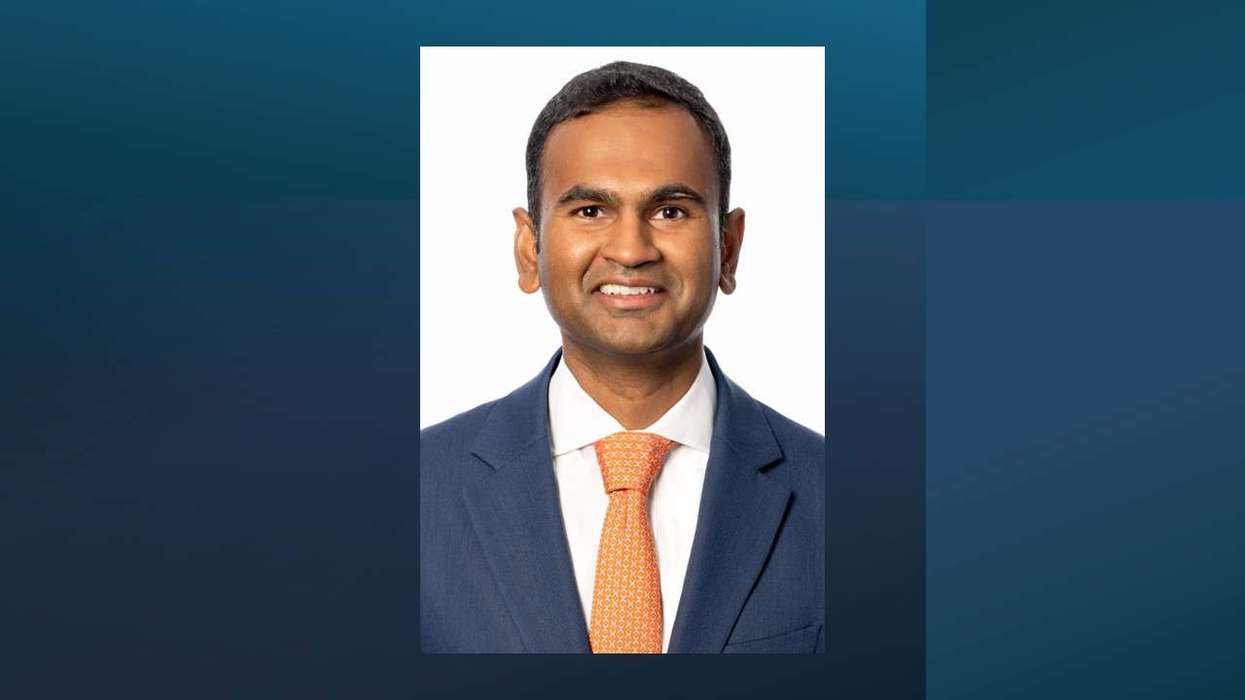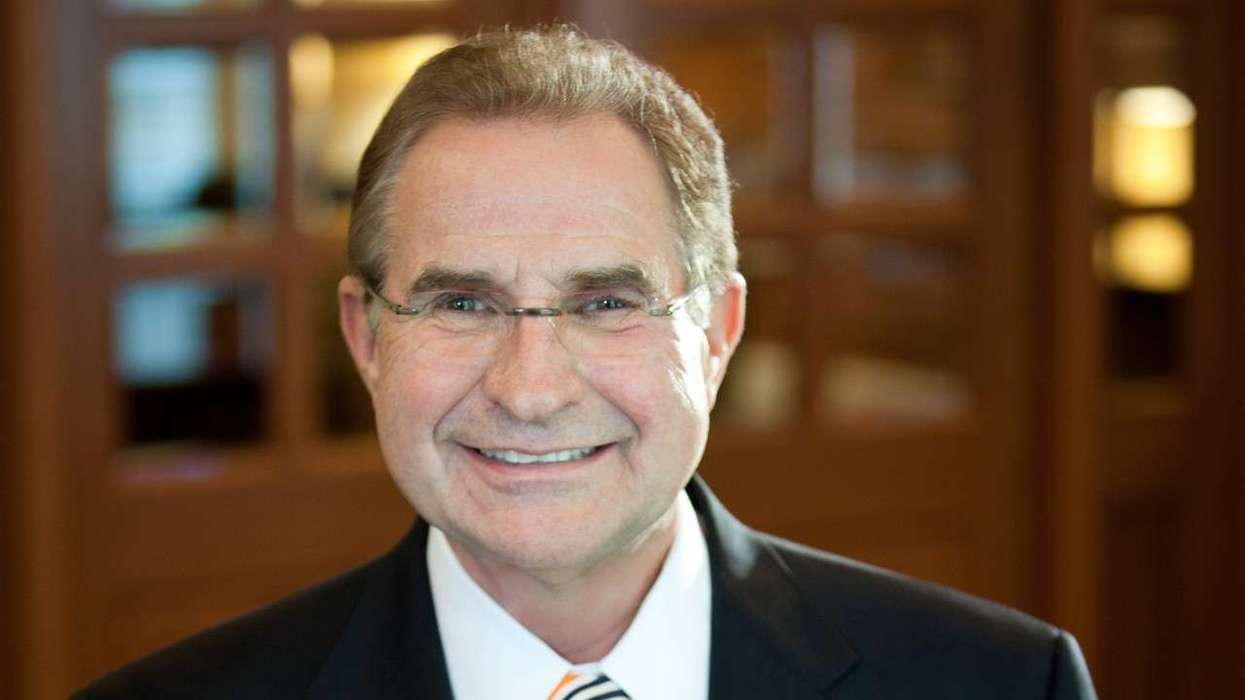TWO MORE LARGE hotel companies, Radisson Hotel Group and Red Lion Hotels Corp., have announced news cleaning and safety policies aimed at encouraging guests to feel safe after the COVID-19 pandemic. They are the latest in a series of hotel companies and associations to adopt new standards.
Radisson’s Hotels Safety Protocol is a global program that will be will be adapted to local requirements and recommendations. The policies in the protocol include installing hand sanitizing stations at all entrances, use of personal protective equipment and protective screens, more frequent and recorded cleaning and disinfection, social distancing in all areas of the hotels, including in the meeting and event facilities.
Employees also will be trained in health guidelines from the Centers for Disease Control, World Health Organization and local departments of health. Food safety training also will be increased.
Radisson also will implement a label of cleanliness and disinfection through certification company SGS. Under this program, individual hotels can receive an approval label upon completion of a local audit including on-site testing.
“The world has been fundamentally changed by COVID-19, so it is key that we strive to protect all who work, stay and partner with us as we re-open our doors to a new era of travel,” said Federico González, Radisson’s CEO and Chairman of Radisson’s global steering committee. “To do this we have thoroughly examined all areas of the hotel experience, and we are proud to have partnered with SGS to create our Radisson Hotels Safety Protocol program.”
Radisson also will be introducing a 10-step special protocol for meetings and events within the next few weeks. That protocol could include:
- Increased cleaning and disinfection frequency of all hotel areas, particularly high-touch items.
- Installing alcohol-based hand sanitizer and gloves stations at the front entrance and hotel public areas.
- All room keys disinfected and presented safely upon check-in.
- Express check-out process available for guests to minimize contact.
- Cash-free methods of payments available and encouraged.
RLH Corp.’s new cleanliness guidelines feature many of the same approaches to cleaning and safety. It includes:
- Physical distancing using physical distancing markers, protocols for space between hotel staff and hotel guests, plexiglass shields at front desks and credit card terminals to limit physical contact, where possible.
- Only opening as many rooms as needed as occupancy begins to increase and locating guests in one section of the building or in every other room, when possible.
- Increased public space sanitation including making hand sanitizer available to guests and employees throughout public spaces and hourly disinfection of public and back of house areas, as well as the surfaces within them.
- Increased guestroom sanitation to include removing all unnecessary material and extra cleaning of high-touch surfaced such as desks, counters, phones, TV remotes, thermostats, cabinets, doors, restroom hardware, windows, lighting controls and closet hangers.
- Serving condiments in single use containers, suspending self-serve food options and prohibiting the re-use of cups at self-serve beverage stations.
- Using mobile check-in and digital keys where available.
“The hospitality industry must change and adapt to a new normal,” said Gary Sims RLHC CEO. “RLHC is working hard to be an all-encompassing resource for our owners within these uncharted territories. We hope that our work helps hotel owners succeed coming out of this pandemic by making sure there are clean and sanitized hotels for both future travelers and the employees onsite.”
Both companies are part of the American Hotel & Lodging Association’s national “Safe Stay" program launched last week. Other companies in the group that launched similar policies are Wyndham Hotels & Resorts, Hilton, Best Western Hotels & Resorts, Hyatt Hotels Corp. and Choice Hotels International.





